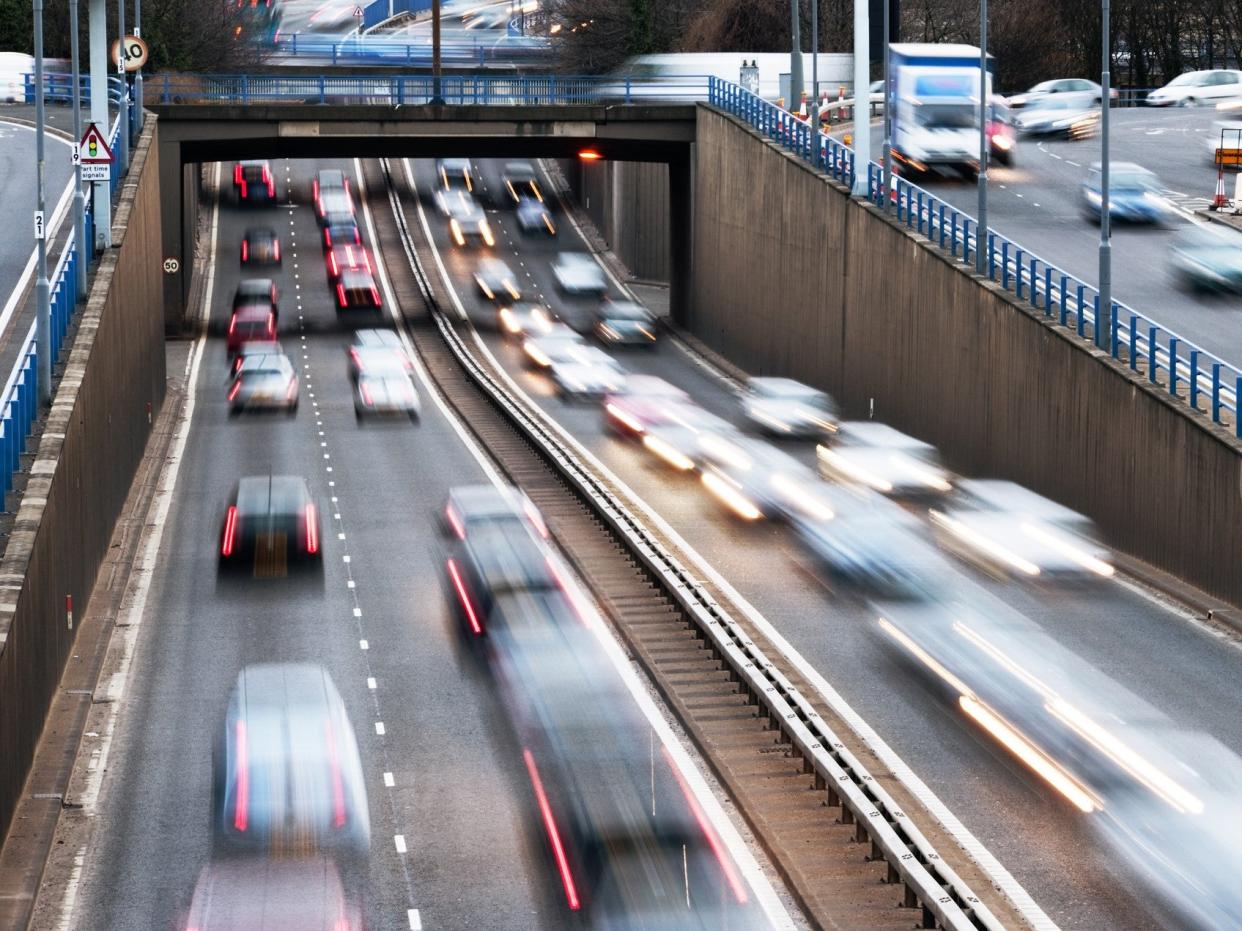Birmingham could ban private cars from driving through city centre

Birmingham may become the first British city to ban private cars from driving through its city centre, according to a new transport plan published by the council.
The scheme would see many streets in the city centre pedestrianised, new cycle paths built and better integration with public transport.
While it will still be possible to drive into the heart of Birmingham from residential suburbs, all journeys must end in the city centre and it will not be possible to drive through to the other side of the city.
Waseem Zaffar, who leads the Labour-held council’s transport and environment work, said in the report it was time to move on from the age of the car.
“Over-dependence on private cars is bad for the health of ourselves and our families, bad for our communities and bad for business as measured by the millions of pounds of lost productivity caused by congestion,” he wrote.
Reducing carbon emissions from private vehicles was also essential in the fight against climate change, he added.
“To unlock the potential of transport, we need to fundamentally change the way people and goods move around the city.
“Birmingham has already started to shift the balance and build a future in which the car will no longer be king.”
The council’s transport plan also pledges to cut parking spaces and use parking pricing to discourage people from taking cars for shorter journeys.
The A38, a major dual carriageway which runs straight past the city centre, could also be rerouted to a ring road and the central road tunnels used only for public transport. Councillors also want to introduce a 20mph speed limit on all local roads.
The city is just one of several British cities considering radical action to push residents out of polluting cars and towards public transport, cycling and walking.
Last year Bristol approved plans to ban all diesel vehicles from a clean air zone between 7am and 3pm every day.
Bristol is among many cities in the UK that are currently in breach of their legal requirements on air pollution, with many of the toxic fumes caused by diesel cars, buses and taxis.
London has also introduced an ultra-low emissions zone that charges those driving older, more polluting vehicles.
Birmingham’s council – which declared a climate emergency last summer – said in its transport plan a quarter of all car journeys taken in the city were for less than a mile.
It was time to end Birmingham’s “love affair” with the car, which has rendered large swathes of the city “hostile, intimidating and unhealthy”, the plan said.
The city also has more obese residents – one in four – than any other place in Britain, and sees 900 of its citizens die prematurely each year thanks to air pollution.
“The more journeys we take by walking and cycling, the more we will improve air quality and our health and the more we will reduce congestion,” Mr Zaffar said.
“For longer journeys, buses, trams and trains will be the backbone of a new, go-anywhere transport system.”
Read more
Government backs parliamentary bill to take HS2 past Birmingham

 Yahoo News
Yahoo News 
